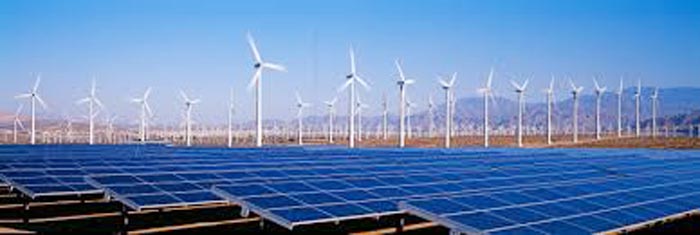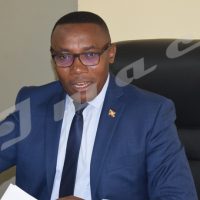During the East African Renewable Energy Forum and Exhibition 2014, government representatives, businessmen and investors spoke about the growing realization that renewable energy can fuel economic diversification and growth. The meeting was held in Dar es Salaam from 31 October to 1 November.-By Yves Didier Irakoze and Jojanneke Spoor
“It’s time to call upon the citizens of the EAC to be involved in using renewable energy such as solar, wind and biogas”, said Andrew Kaggwa Luzze, the Executive Director of theEast Africa Business Council (EABC).
EABC Chairman Felix Mosha said the lack of appropriate policies has caused the continent to suffer some of the lowest energy outputs in the world. East Africa has the lowest access to electrical power of all other sub-regions on the continent. The provision of energy in the region stands at an average of 42 percent, while in rural areas the average falls to a mere 10 percent.
The demand for electricity in East Africa is expected to grow at approximately 5.3 percent per year until 2020. To meet these requirements, generation capacity would have to increase by 37.7 percent in Uganda, 96.4 percent in Kenya, 75.3 percent in Tanzania, 115 percent in Rwanda and over 300 percent in Burundi.
One of the major opportunities in the region is the potential for intraregional energy and trade integrations. “If cross-border interconnectors develop and ensure more power flows more readily across the region, then Rwanda, Sudan, Uganda and Tanzania could be positioned as net exporters of electricity, while Kenya and Burundi could operate as net importers”, says Joanita Roos, research analyst at Frost & Sullivan Africa.
Energy diversification is essential in order to meet future demand for energy. Energy supply in the region currently relies heavily on hydropower. Many countries in the region have suffered from power shortages due to ongoing years of drought and reduced hydropower production. The region therefore needs to identify incentives for the Private Sector to invest in Renewable Energy, including tax incentives.
The Chairman of the Tanzania Private Sector Foundation (TPSF), Dr Reginald Mengiemphasised that numerous countries in Africa are well endowed with natural resources, but do not exploit this potential. “When your country is awash with abundant sunshine and strong desert winds, it makes sense to harness the sun and wind as sources of power and that is just what African countries should do”, he said.
Forum participants agreed on the need for regulatory reforms in the Partner States to support the Renewable Energy Sector. The reform should be transparent and inclusive of all relevant stakeholders.
Concerns were raised on Government’s substantial budget allocation to diesel fuel generation and grid extension in general, with very little funds going towards improvement of biomass energy which is the primary source of energy for the rural population. The EAC Partner States were urged to agree on measures curbing the use of charcoal and firewood and to come up with alternatives.
The meeting furthermore discussed the possibility of establishing a Regional Platform for National Renewable Energy Associations. It was agreed that the Conference on Renewable Energy should be held annually.




















 IWACU Open Data
IWACU Open Data

